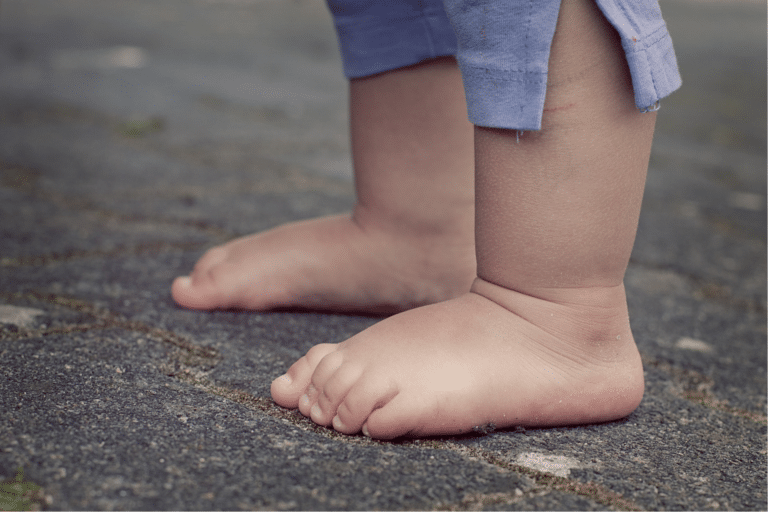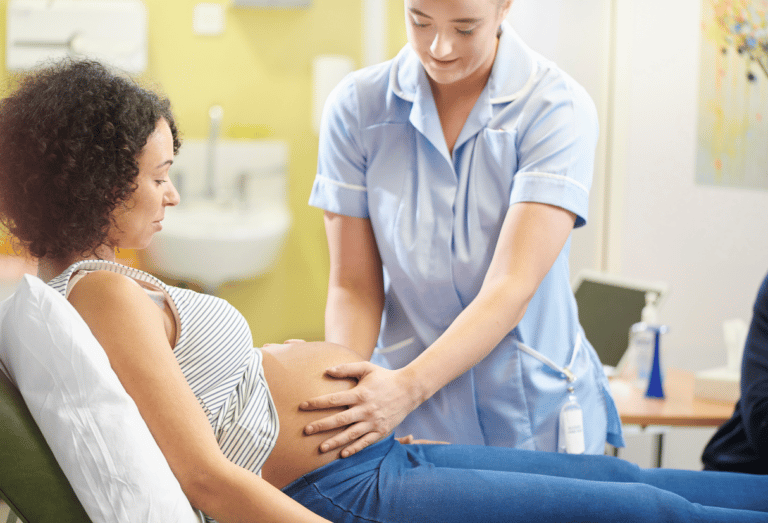Black women in England experience much higher rates of serious birth complications compared to white women.
Black women are 6x more likely to suffer from pre-eclampsia.
Figures show they are up to six times more likely to suffer from conditions like pre-eclampsia during delivery. Despite representing only 5% of deliveries, Black women comprised 26% of pre-eclampsia cases superimposed on chronic hypertension.
Experts attribute these disparities to structural racism, unconscious biases in healthcare, and existing health inequalities, including higher rates of pre-existing conditions like high blood pressure among certain ethnicities. To address these disparities, experts emphasise the need for a multidisciplinary approach involving healthcare professionals, policymakers, and government investment in tackling health inequalities.
The NHS are pledging to address disparities in maternity care.
The NHS acknowledges the need for further progress and is investing £10 million to address disparities in maternity care, particularly targeting support for women in deprived areas.

Anya partners with Local Maternity and Neonatal Systems in Greater Manchester and East Cheshire to improve maternity disparities and reduce inequalities.
A key element of Anya’s SBRI Phase 2 project involves further development of the app to support parents experiencing health inequalities. In this case, this project will build on our SBRI Phase 1 Public Patient Involvement and Engagement work, in which we engaged with black mums, young parents, and socioeconomically deprived groups. We are committed to continuing these efforts. Furthermore, our collaboration with Greater Manchester and East Cheshire Local Maternity and Neonatal System (LMNS) will deepen our engagement with demographic groups experiencing health inequality.
World Health Organisation takes action.
WHO launches series advocating for positive postnatal care for women and newborns everywhere.
The World Health Organisation (WHO) and the UN’s Special Programme on Human Reproduction (HRP) have introduced a new series in BMJ Global Health emphasising the importance of quality postnatal care for women and newborns worldwide. The series includes six articles highlighting evidence supporting WHO recommendations for postnatal care, focusing on understanding perspectives of women, parents, and health workers, as well as a rights-based approach. Papers discuss factors influencing postnatal care uptake among adolescent girls, involvement of fathers and family members, challenges faced by immigrant women, and integration of international policy standards. The series aims to improve maternal and newborn health outcomes by promoting access to essential care, support for breastfeeding, family planning, and protection of human rights. These efforts align with WHO’s broader vision for comprehensive care throughout the pregnancy journey.











